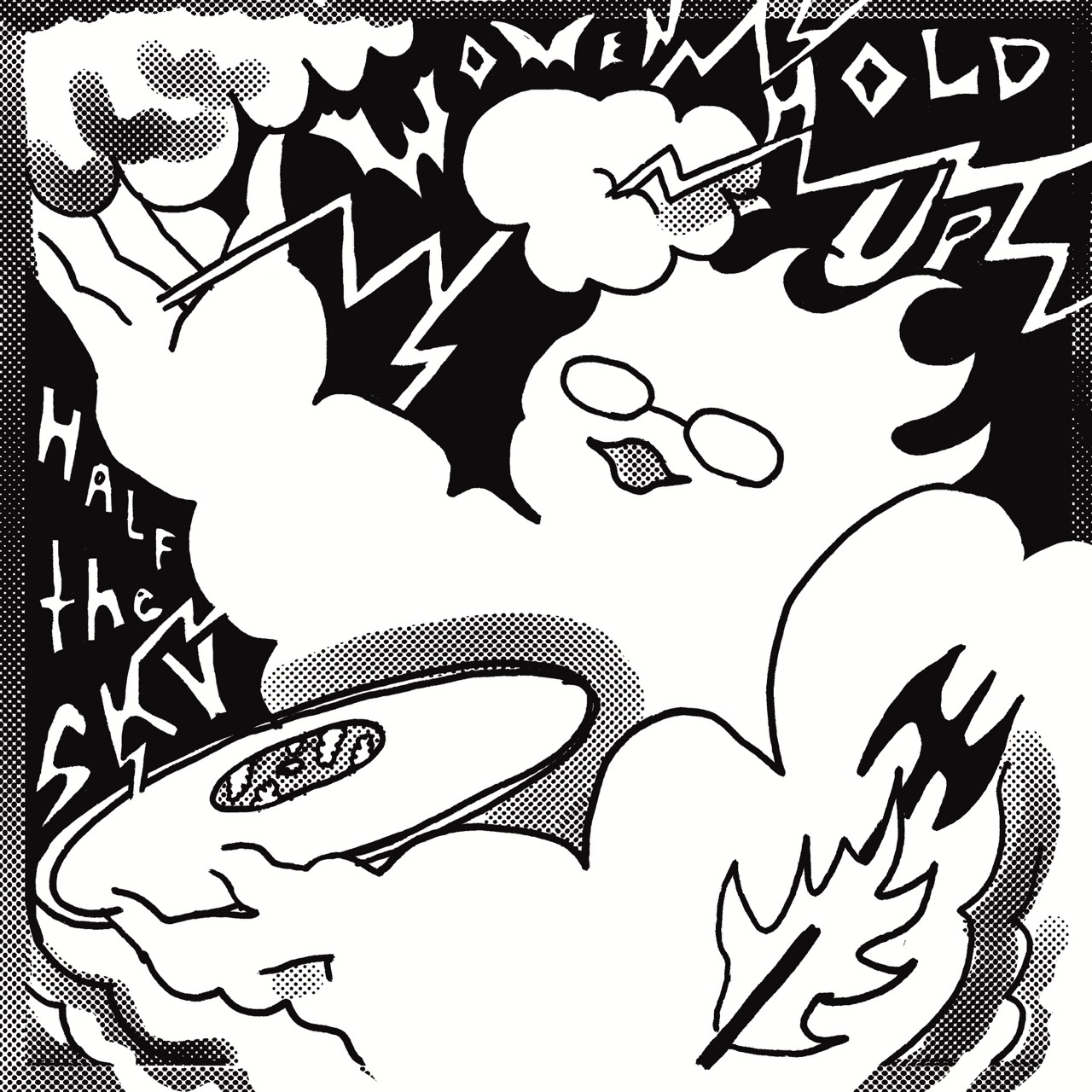ABOUT THE PQHP
The Pittsburgh Queer History Project (PQHP) is an oral history and media initiative, focusing on LGBTQ after-hours nightlife in Pittsburgh, PA from 1960 to 1990. Founded by Harrison Apple in 2012, the project began as an investigation of gay-owned-and-operated after-hours nightclubs where fraternal organization charters acted as semi-legal shelters for sex and social membership…
JOIN US AT OUR EVENTS!
The PQHP offers a variety of programs that foster community engagement and knowledge sharing. Our primary program is Miss 89 (MS89). It is a series an in-person-only intergenerational media archive events. It features Pittsburgh Queer History Project’s broad community of collaborators who co-host rare film screenings and more to help make memory a collective and intergenerational project.
LATEST EVENTS
Nov
22
Sat
2025
MS89: “Women Hold Up Half the Sky” in collaboration WYEP and Vinylpalooza
7455 Washington Ave, Pittsburgh PA 15218
Take the 61b, P1, P2, or P3 to get there by bus
MS89 Rosemary Welsch @rosemarywelsch and Brian Siewiorek @planetschwa co-host a listening party for archival WYEP women’s collective episodes followed by a live conversation about independent broadcasting.
This event includes a free limited edition vinyl record with segments from the archived episodes, pressed in PA by Hellbender @hellbendervinyl with album art by Jen Cooney @jccyeahyouknowme
PAST EVENTS
Oct 18 2024: Miss 89: “GOGO” in collaboration with Fungus Books
A Very Special Screening of “Amateur Strip Night” from the Scott Noxon Video Collection at the Pittsburgh Queer History Project. This event is dedicated to the dancers on the second floor of Lucky’s where there are no cameras allowed while they’re on the bar.
Apr 25 2024: MS89 presents “Queen of the Megamix with special guest host Milan Tre’Zur”
This event celebrates the friendship between Milan and DJ Jimmy Lewis in a step towards recognizing the broad impact of performance and music generated by Pittsburgh’s Black LGBTQ artists in nightlife.
CHECK OUT OUR ARCHIVES
Here, you will find selected archives organized into collections that have been donated with permission to be digitally shared with the public. Selected collections are donated with permission to be digitally shared with the public. Note that all preservation projects by the PQHP are permitted to be shared publicly
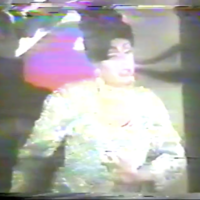
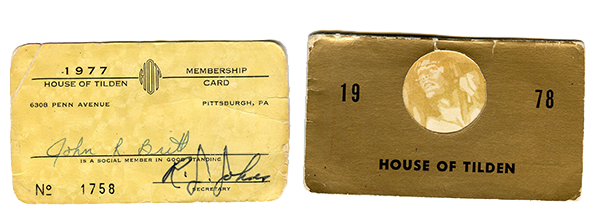
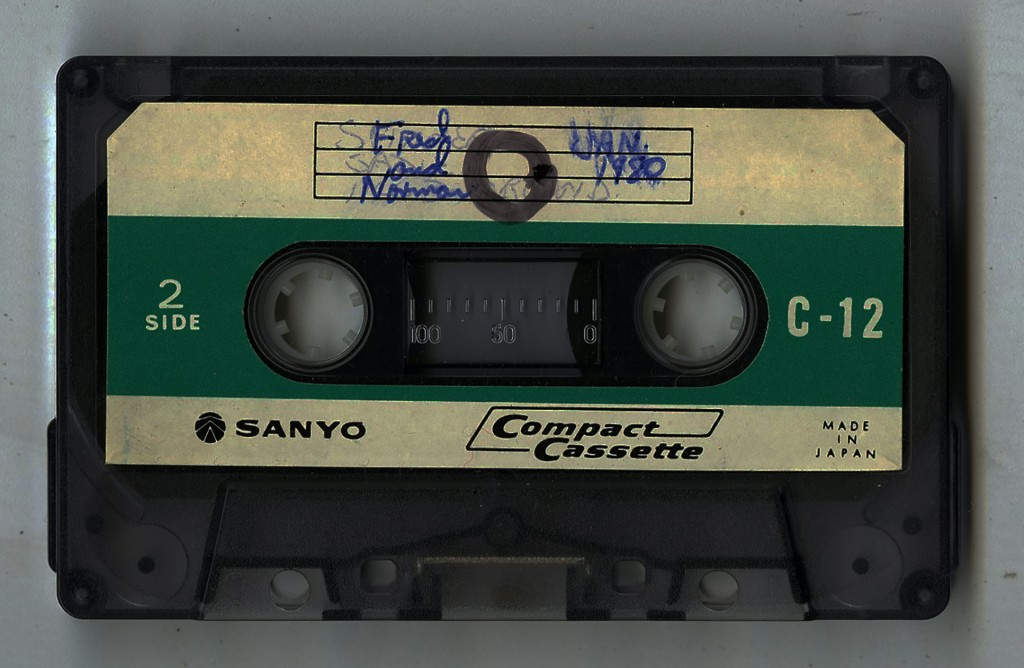
WANT TO GET INVOLVED?
Become a Volunteer
The PQHP is a volunteer-driven organization that relies on the dedication of individuals who offer their time and skills. Our work thrives on the diversity of our communities, and we warmly invite people from underrepresented groups to get involved and contribute.
Donate Archives
Help preserve history by donating documents, photographs, or artifacts. Your contributions ensure future generations have access to valuable records. To donate, please contact Harrison at happle@andrew.cmu.edu.
PUBLICATIONS
“I Can’t Wait for You to Die” A Community Archives Critique
Apple, H. Fall 2021
Discussing the origins and revised mission of the Pittsburgh Queer History Project as a reflection of the precarious definition of community archives within the discipline and field of archival science.
Apple, H. “’I Can’t Wait For You To Die’; A Community Archives Critique.” Archivaria 92 (Fall 2021), pp 110-137.
Dedicated to the Last Pearl
Apple, H. Fall 2021
Transgender/transvestite scrapbook entry on Jojo “Josefina Larina Queen of the Congolina” Gilbert, of the Pearl Box Revue.
Apple, H. “Dedicated to the Last Pearl.” Transgender Studies Quarterly Volume 8, no. 4 (November 2021), pp 537-538.
Exhibitions
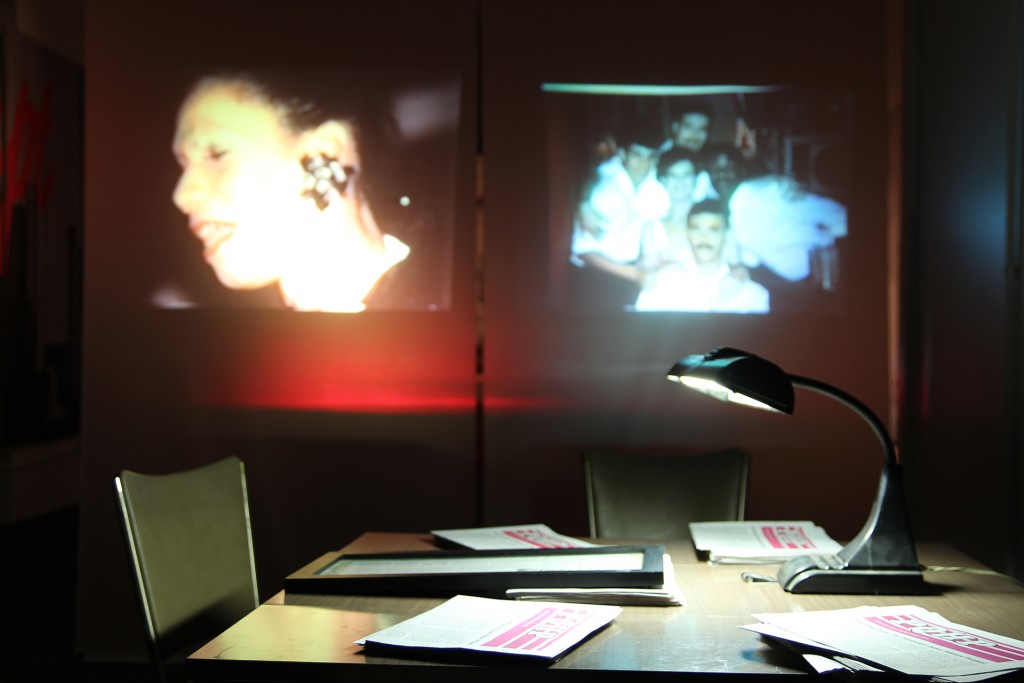
Lucky After Dark, the Pittsburgh Queer History Project’s inaugural exhibit, featured a cross-section of ephemera from our the Robert “Lucky” Johns collection. The PQHP began as an oral history of after-hours social clubs operated by Pittsburghers who thrived in a world of casual corruption. Drawing from photographs of Lucky’s three nightclubs (the TC, the Tilden, and Travelers) we used photographs, clothing, video, and ephemera from his enormous family of club members to illustrate a bygone era. For the month of June 2014, the Future Tenant Gallery at 819 Penn Avenue, was transformed into a darkened members-only nightclub, illuminated by the turn of slide projectors featuring 640 original images from gay night clubs owned by Robert “Lucky” Johns: “The Pope of Gay Pittsburgh.”
